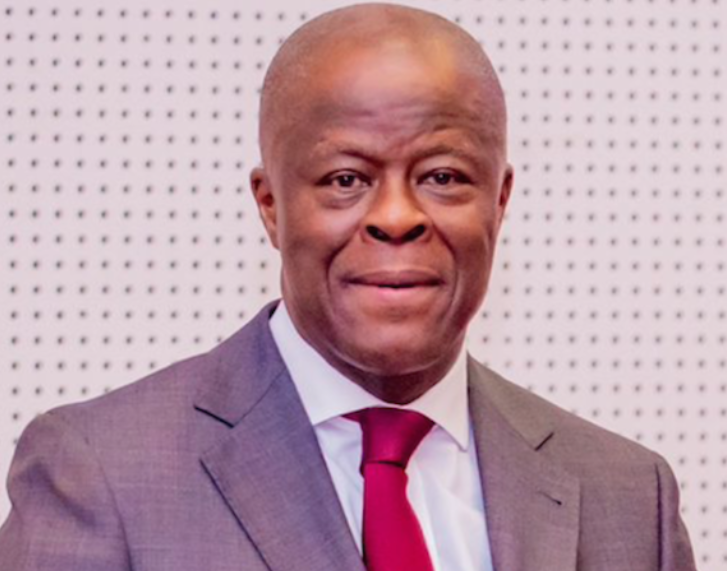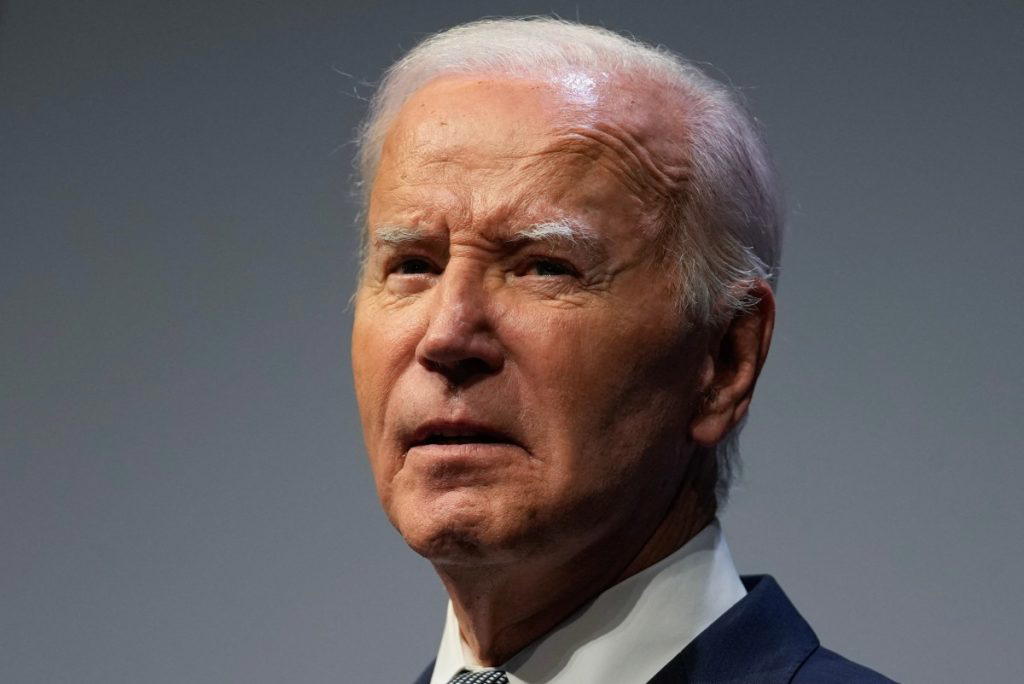.Cites continent’s endowments, renewable energy, natural resources, young workforce as compelling channels
.Says Africa offers solutions for global net zero ambitions
Deji Elumoye in Abuja
Vice President Yemi Osinbajo has posited that African countries can only attain middle-income status, and societal and individual prosperity for its people, if the issue of energy poverty is tackled frontally and reflected in the global energy transition conversations.
He has, therefore, outlined specific pathways that will lead to climate-positive economic growth in the continent and at the same time lead to the realization of the global net-zero emissions targets.
Delivering a special public lecture entitled “Energy Transition in Africa” at the University of Pennsylvania in Philadelphia, United States of America (USA), the Vice President spoke about Africa’s potential in the realization of the global energy transition targets.
According to him, Africa’s endowments, renewable energy, natural resources and a young workforce, present a compelling set of circumstances for several pathways to climate-positive growth.
Osinbajo listed the pathways to include:
“Low emissions consumption and production, the point being that Africa can, instead of going the carbon-intensive path to providing energy, goods and services for its own needs, takes full advantage of green technologies and practices. There is the distinct advantage that Africa can actually pursue a green course of growth without worrying about costly legacy infrastructure.
“The second pathway is that having recognized the fact that global zero carbon ambitions cannot be realized without intentional carbon removal technologies and practices, Africa can ramp up her own potential to do this at scale through a combination of planned land use and ecosystem management, and investment in emerging engineered removal technologies. Already Africa’s large carbon sinks, currently store years of global emissions and the abundant supply of unused agricultural waste is available as biomass for clean energy production and soil improvement.
“The third pathway, is that, with its abundant reserves of renewable energy and raw materials, Africa can become a hugely competitive green manufacturing and energy hub for the world that could also accelerate the greening of global industry. Thus, the paradox of an energy-poor continent becoming the green industrial powerhouse of the world is easily resolvable and must be”.
He however proposed that the developed world changes its perception of Africa, and not see the continent merely as a victim but as a solution in the climate change conversations and the attainment of the global net zero targets by 2050-2060.
According to him: “Africa’s own growth and development are not being seriously accommodated in the global Energy Transition conversations. Yet, a strategic key to attaining global net zero by 2050 may well lie in seeing Africa from a different paradigm, not merely as a victim but as a solution.”
He noted that beyond climate justice, may lie a real opportunity for Africa and the world. This opportunity is the distinct possibility of Climate Positive Growth for Africa. In other words, a paradigm where Africa pursues a climate positive or carbon negative path to middle-income status and beyond.
Continuing, he said “this contains, in and of itself, part of the solution to global net zero ambitions. Because if, as is the case, some countries will not meet their net-zero-by-2050 targets, then some significant portion of the world must be climate positive or net negative, for global net zero to be achievable. Put differently, since many regions are already off track to achieve net-zero by 2050, some other regions must fill the gap, if global targets must be met.”
On energy poverty, Osinbajo argued that it can only be resolved “if there is a significant investment in renewable energy, and that can only happen if we create the energy intense anchor demand that makes the investment in additional renewable energy bankable. Therefore, it is not which comes first – renewable energy generation capacity or industrial deployment, both must be developed concurrently.”
Commenting on Africa’s dependence on its oil and gas resources, the Vice President noted that the use of gas as a transition fuel will not significantly derail our commitment to carbon-negative growth. Nigeria’s Energy Transition Plan attempts to chart an energy transition pathway which has as its bedrock, the development of renewable energy, specifically solar.
“The plan is to develop 250 gigawatts of solar capacity by 2060. The plan outlines our decarbonisation strategies in the areas of power, oil and gas transportation, etc. It also mitigates against medium to long-term job losses in an industry that has dominated the economy for decades.
“It recommends the role of gas as a transition fuel, to balance large influxes of solar power on the grid, its use as a cheaper, and relatively clean option for base load power for industry, as we watch the cost of solar batteries plunge.
“There are also practical ways in which gas, especially propane, will bridge the gap before the full use of renewables is commercially practical. To illustrate the point practically, recently some discussions have been taking place about the decommissioning of industrial scale diesel and petrol generators used at base stations of telecommunication companies in Nigeria,” he added.

Earlier in her welcome remarks, Interim Provost of the University of Pennsylvania, Prof Beth Winkelstein, noted the planet is facing an “existential struggle against climate change for our earth and indeed for us to last, we must join with our fellow nations around the world in this struggle.
“Like many countries including the United States, Nigeria is challenged by competing and sometimes conflicting interests and its development prospects are complex. Nigeria holds amongst the continent’s largest proven oil reserves and faces a potentially perilous future of climate-induced sea level rise and drought. In short, global progress in the battle against climate change needs Nigeria’s partnership and participation.”

On his part, Prof. Tukufu Zuberi of the Africana Centre spoke about the relationship between the University and Nigeria, thanking the Vice President for honouring the institution’s invitation, and noting that the lecture series was part of its efforts in correcting the negative perceptions about Africa.
According to him, “Africa in many ways, has not been treated fairly in conversations, often this treatment is simply a result of not understanding Africa.”




















Discussion about this post